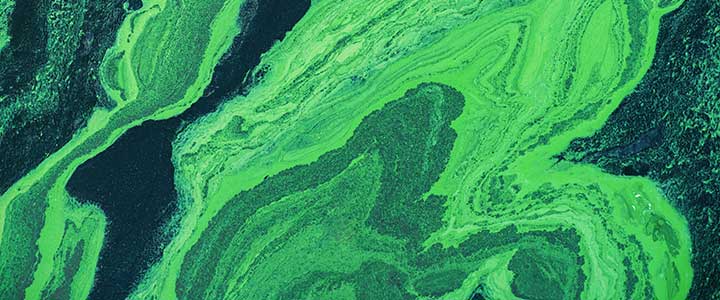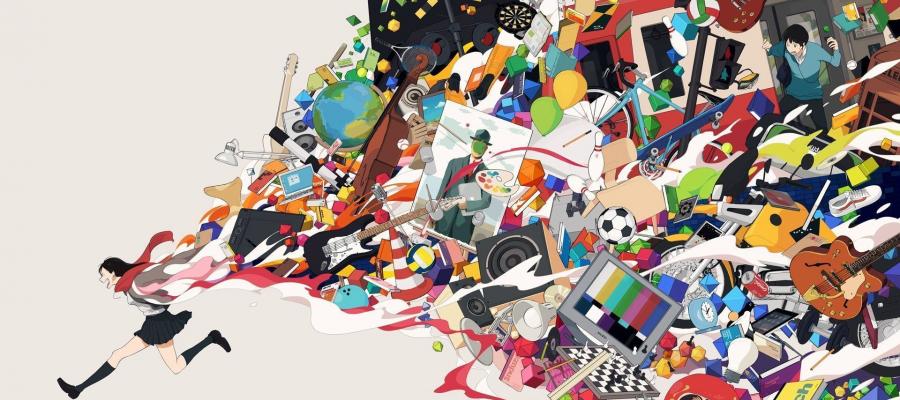Philosophy of Imagination*Six
I am not a scientist, obviously, so if I get facts wrong or whatever, I apologize. I am a curious person and writing about things I don't quite understand (which is Philosophy) so I can study and learn and eventually know the subject better. I don't want to go too deep into evolution, it's dense and I only know the basics. We'll use basics. Evolution is survival of the fittest. The animal, human, insect and plant (and their offspring) will live on if they have the characteristics that make their survival more certain in the ecosystem in which they live. A stronger, longer tail will make a monkey better at holding on and they're less apt to fall out of the tree and die. But if a monkey lived where there were no trees, the monkey with the strongest and fastest legs would survive and the monkeys with the long tails will get eaten, because it's easier for a tiger to munch down on that long tail. So the monkeys who live in trees will get stronger and longer tails as millions of years go by and the plains monkeys will get faster legs and shorter tails as millions of years go by.
But cyanobacteria is only one cell. It doesn't have differing traits from the rest of the cyanobacteria. How did one unicellular life turn into multicellular? Scientists still don't know for sure, but their thought was some kind of mutation? An abnormality that made that cell better than the rest. More Imagination in that cell? Perhaps. Maybe they were mutating all the time and it took a long time before one of them stumbled on to the right mutation? The other theory is that cells began working in groups, helping each other to achieve something greater than the self. That's awesome! Even on the cellular level, we need others and cells are willing to help out, even if they get nothing in return. The cyanobacteria, the first life, showed up 3.5 billion years ago. More complex multicellular organisms didn't appear until 600 million years ago. That's like 3 billion years the cyanobacteria was all alone, pumping out oxygen, creating our atmosphere, trying to Imagine how to be better, how to make the World around them great. 3 billion years! That is a patient motherfucker. Motivated. No giveup.
The cyanobacteria mutated and branched off in millions of ways. It is the father of bacteria and viruses and all other unicellular organism in the World, but once it became multicellular, it never regressed back to unicellular. That's fascinating, because once it made some progress after 3 billion years, it didn't kick its feet up too long. It Imagined being three cells, then four, then five, always optimistic that a better future lie ahead. A future that would eventually allow the offspring of the cyanobacteria to understand and enjoy the Universe in which it lived. If that ain't Imagination, I don't know what is.
There is no laziness in nature. It is always trying to grow and procreate and climb upward.


